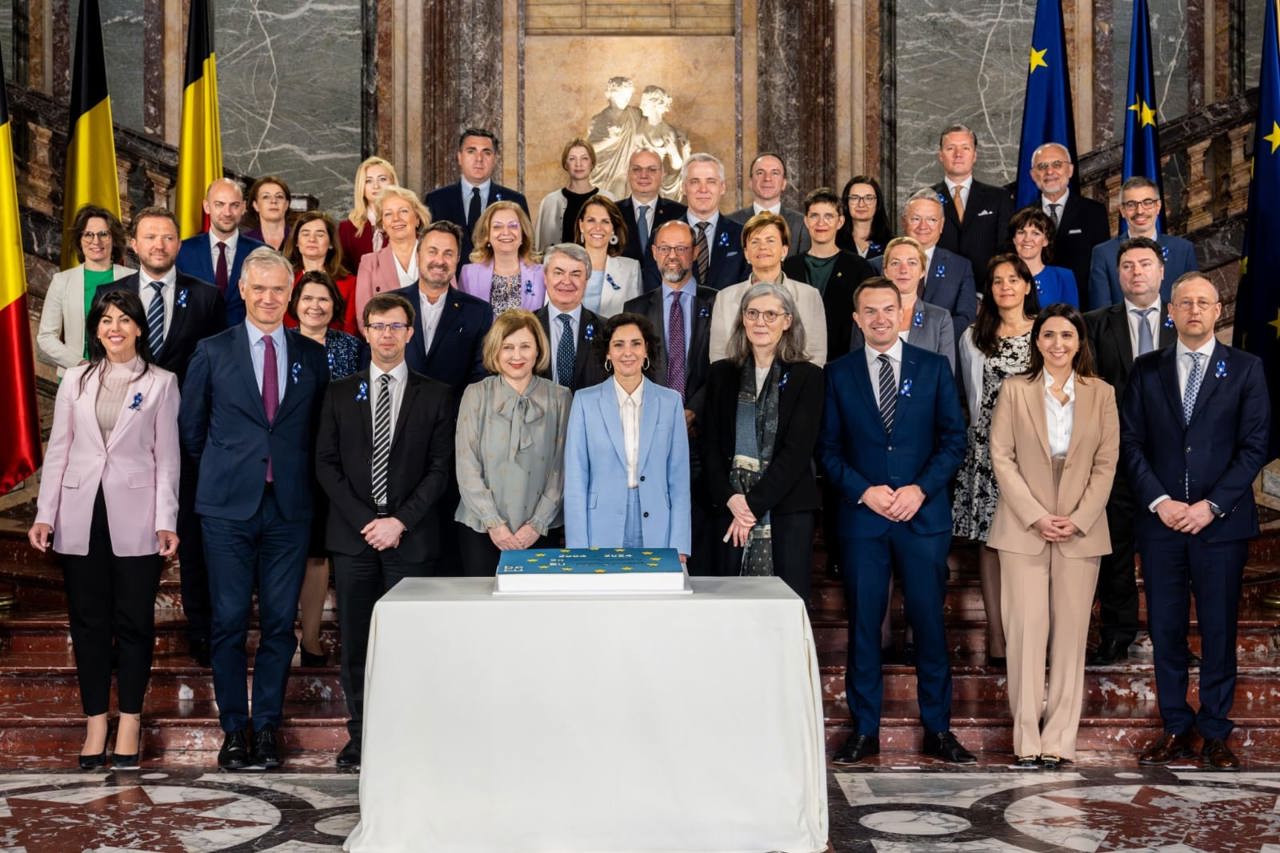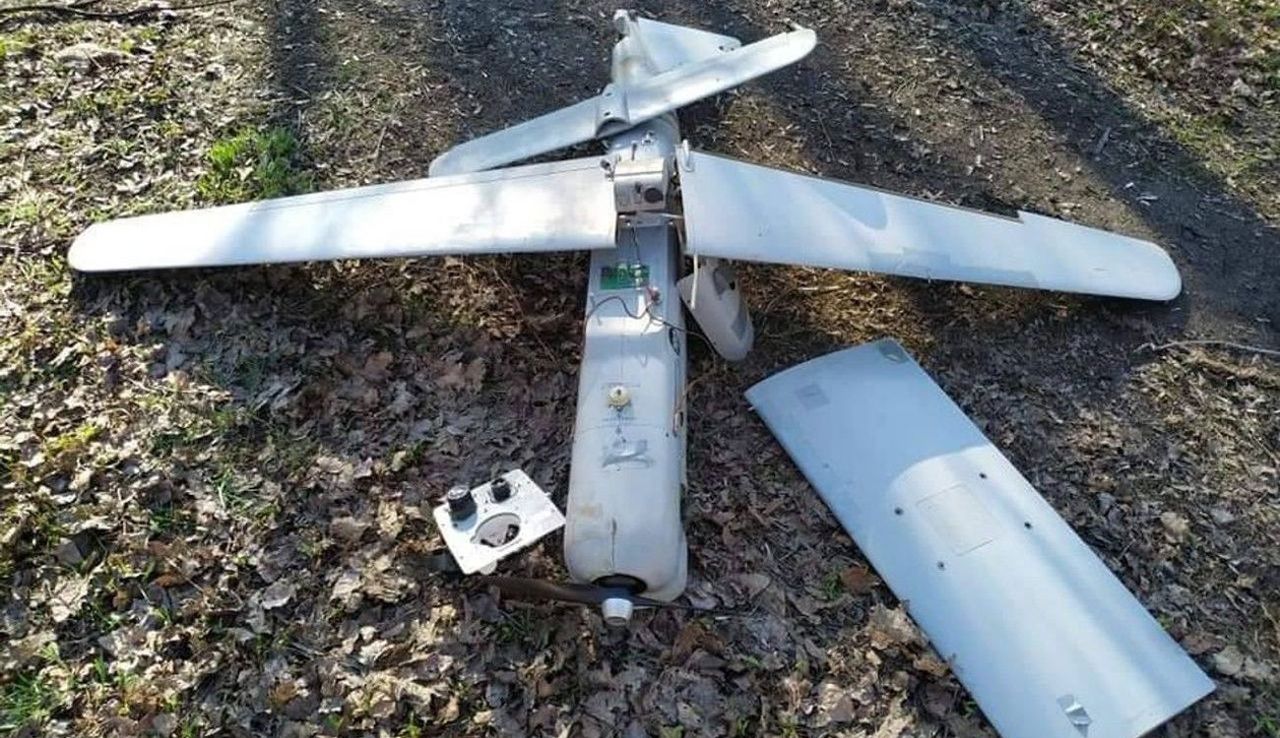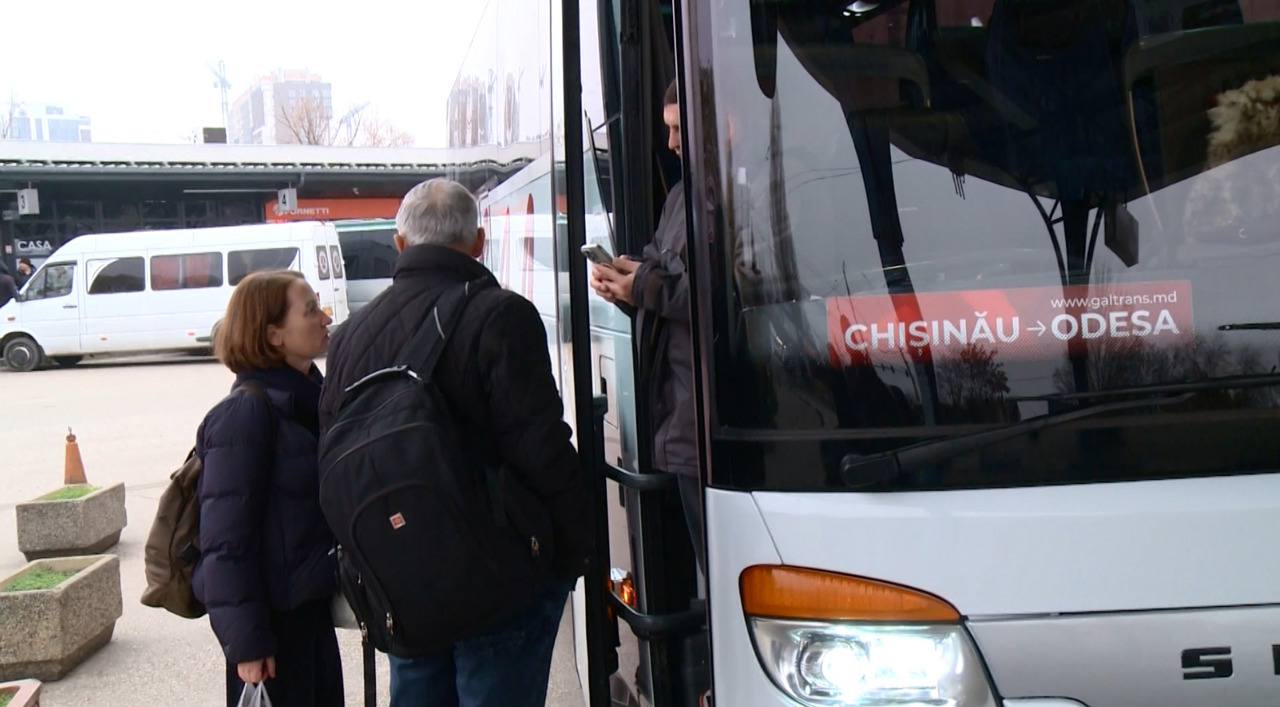EU Eyes Expansion by 2030: Moldova in Talks
Enlargement of the European Union (EU) by 2030 is a key priority. The Republic of Moldova is seizing the new wave of EU enlargement momentum and preparing to launch full-fledged negotiations.

Deputy Prime Minister Cristina Gherasimov travelled to Brussels to engage in informal discussions with her counterparts. The informal talks centred on both future and past enlargement, as May 1 marks the 20th anniversary of the largest wave of enlargement, known as the "big bang."
Negotiation Process Underway
Negotiations are currently underway between ministers and ambassadors of EU member states and candidate countries. These discussions take the form of an intergovernmental conference.
"I am honoured to be here today, participating for the first time in the informal meeting of ministers for general affairs, representing my country, the Republic of Moldova. We are approaching the first intergovernmental conference, which will set the stage for the next step for my country," said Deputy Prime Minister for European Integration, Cristina Gherasimov.
"In June, a decision will be made on the adoption of the negotiating framework. We will then hold the first intergovernmental conference that will officially launch the negotiation process with Ukraine and, I hope, with the Republic of Moldova. Therefore, this is a critical opportunity for Ukraine, which we are utilising to further negotiations and finalise the report," stated Ukraine's Deputy Prime Minister for Euro-Atlantic Integration, Olha Stefanishina.
Commemorating 20 Years of Enlargement
The largest wave of enlargement occurred 20 years ago, with ten countries joining the EU, mostly from the former Soviet sphere of influence.
"For us, the Baltic countries, and all the others who have joined so far, it was a historic step. Without EU and NATO membership, I would not be standing here today as Foreign Minister of independent Estonia. We are aware that Russia has been and will continue to be a threat. Currently, Russia is carrying out a full-scale aggression against Ukraine," emphasised Estonia's Foreign Minister.
"A historic decision. We have good reasons to celebrate. Together, we are stronger, wealthier, safer, more resilient, and more competitive. It is in this context that we are discussing the next enlargement and engaging with the candidate countries," said Poland's EU Minister Adam Szlapka.
"We have witnessed the renewed momentum for enlargement, decided by our leaders in December. The message we are conveying today is that enlargement is indeed worth every effort. We, Romania, since joining in 2007, have become a powerful testament to the success of this policy," said Daniela Grigore Gîtman, State Secretary at the Ministry of Foreign Affairs in Bucharest.
EU Expansion History
The EU expanded in 2004 from 15 to 25 states. The Baltic countries that were formerly part of the Soviet Union, along with Poland, Slovakia, Hungary, Czech Republic, Slovenia, Cyprus, and Malta, joined at that time.
Translation by Iurie Tataru





